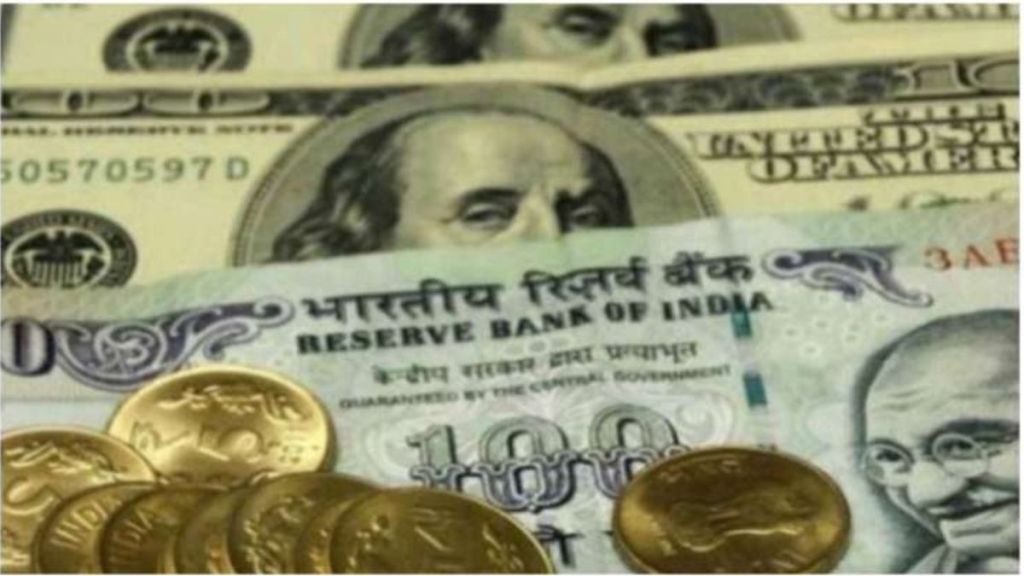Foreign investors pumped in over Rs 3450 crore in the Indian equity market in the last four sessions, and the investor sentiment improved with Nifty and Sensex closing the last three trading sessions in green. Foreign Institutional Investors (FII) turned net buyers in March 2023, buying equities worth a net Rs 1,997.70 crore, after being net sellers since December 2022. Analysts attribute it to the GQG investment in Adani Group companies and other bulk deals that took place in March and the narrowing current account deficit (CAD) from 4.4% in Q2 FY23 to 2.2% in Q3 FY23.
“FPI investment in March stood at Rs 7109 crores inclusive of the Rs 15446 crores invested by GQG through bulk deals in Adani stocks. FPIs have been consistent buyers in capital goods and alternating between buying and selling in financial services. The sustained selling by FPIs appears to be over since they have turned buyers in the last few days. The near-term outlook for FPI looks much more positive now,” said V K Vijayakumar, Chief Investment Strategist at Geojit Financial Services.
Global worries, high-interest rates to keep flows in check
“After months of negative FPI flows we saw a positive number in March. However, domestic sentiment seems to be waning. Global worries and high-interest rates should keep flows in check. In the short term, markets can be significantly away from their fair value. Any change in the geopolitical situation, monetary policy stance and growth estimates will influence the near-term moves, but in the long-term, the returns should marginally be lower than the earnings growth. However, given the current uncertainties and flow situation, we expect Nifty to trade close to long-term average valuations,” said Sanjeev Mohta of B&K Securities.
FPI investment may help banking stocks scale higher levels
“Even though Indian valuation continues to be relatively high, the recent market correction has made valuations a bit more reasonable than earlier. An important factor is an impressive turnaround in India’s CAD which has improved substantially due to rising exports. The CAD which was 4.4% in Q2FY23 has turned into a surplus in Q3 FY23. Therefore, the INR is likely to be stable, going forward. This may restrain FPIs from turning into aggressive sellers. FPIs turning buyers in banking will help banking stocks scale higher levels assisted by good Q4 results,” said V K Vijayakumar, Chief Investment Strategist at Geojit Financial Services.
Despite narrowing CAD, challenges can persist on FPI flows
“India’s Q3 FY23 CAD moderated to $18.24 bn (2.2% of GDP) from a revised print of $30.87 bn (3.7% of GDP) in Q2 FY23 (earlier: 4.4% of GDP), led by narrowing of trade gap and improved services balance. In the capital account, both FDI and portfolio flow moderated while banking capital provided support. FDI flows can remain muted due to the recent problems with the start-up ecosystem. Elevated interest rates globally could continue to lead to net outflows of ECBs while challenges can persist on FPI flows,” said analysts at Yes Bank.

